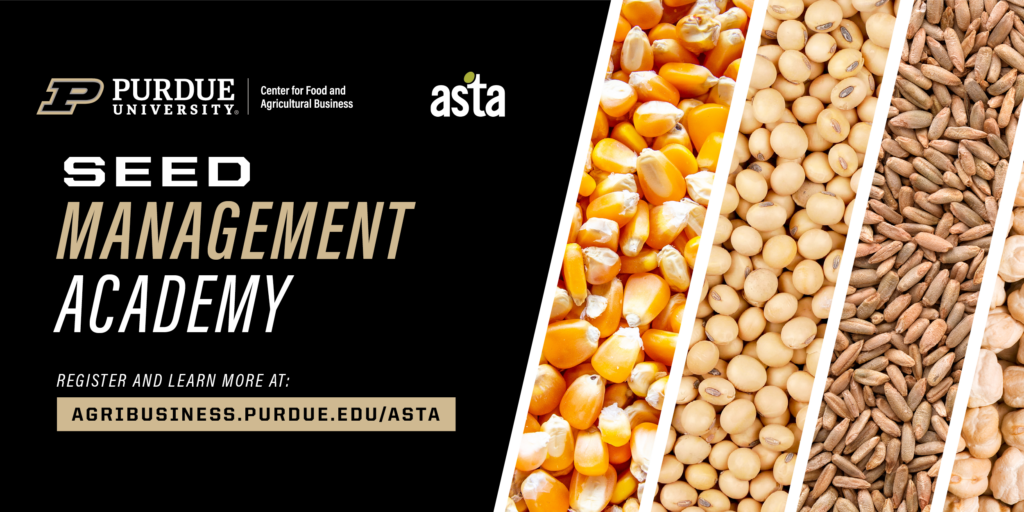Reviewers
Lourival Carmo Monaco Neto
Article
Learning to Learn by Erika Andersen
Source
Harvard Business Review, March 2016
Summary

Despite the very well-known fact that the pace of change in current times is unprecedented and expected to accelerate further, we continue to be surprised by its impact on our businesses and jobs. This rapid pace makes us feel that staying updated has become nearly impossible, and even more, staying competitive and ahead of the curve is extremely hard.
If you consider our capabilities as the way in which we use resources to achieve competitive advantages, it makes sense that acquiring or learning new capabilities is one of the most important ways to remain competitive in these unforgiving times. As referenced by the author, you can think about this concept in the words of Arie de Geus, a business theorist: “The ability to learn faster than your competitors may be the only sustainable competitive advantage.”
It is a lot easier to say this than to put it into practice. Companies, much like ourselves, tend to keep doing whatever has previously worked given us a competitive edge. We are not wrong to think this way. But, as mentioned before, now more than ever, we need to be capable of learning and evolving as professionals and companies to remain relevant.
Four main attributes were identified in those that are successful in being capable of remaining as perpetual learners:
- Aspiration
It is common to think that you either aspire for something or you don’t, but there are ways for you to raise aspiration levels. During times of great change, we are rarely excited about it. We tend to justify our resistance to learning something new by leaning on our past experiences and what has worked thus far. We fixate on the negative aspects of change and unconsciously reinforce our lack of aspiration. If we flip this situation by focusing on the potential upside of this new knowledge or capability, we overcome the inertia of not wanting change. Focusing on what we gain instead of the work it takes to get there can propel us into action and raise our aspiration levels.
- Self Awareness
When it comes to the need for learning, our self-assessments of knowledge and skills can be woefully inaccurate. Knowing oneself is no easy task. It begins with acknowledging the likelihood of having biased self-perceptions and then actively listen to the perspectives of those around us. This can enhance objectivity regarding our strengths and weaknesses. Once you ponder these different perspectives on your capabilities, it becomes much easier to recognize gaps and take action to fill them, ultimately improving yourself.
- Curiosity
Kids are the best example of curiosity. For several reasons, we lose this relentless need to question and understand the whys and hows of the world around us. Yet, this is the fuel that compels us persistently attempt different approaches until we accomplish our goals. Great learners retain this childhood drive, or regain it through another application of self-talk. Instead of focusing on and reinforcing initial disinterest in a new subject, curious individuals learn to ask “curious questions” and follow those questions with actions. Ask yourself “how does this work exactly?”, “why does it happen this way?” or “is there is another way to get this done?” These questions will lead you down a discovery path of major learning opportunities.
- Vulnerability
As we grow into our careers and lives, we learn a lot and eventually get good at a few (or many) things. Once we get to this stage, it is hard to embrace not knowing or accepting novice status. As an intern in a company, it is perfectly fine to not know things – it is expected. Interns have a much easier time saying things like “I don’t know how this works, and I need help” or “can someone teach me how to get this done?” As a manager or director, it is not at all easy to put yourself in such a vulnerable position. Great learners allow themselves to be vulnerable enough to accept that beginner status. In fact, they become reasonably comfortable in it. The ideal mindset for a beginner is both vulnerable and balanced: “I’m going to be bad at this in the beginning because I’ve never done it before,” AND “I know I can learn to do it over time.”
This is not a blueprint to competitive advantage. We never discussed WHAT needs to be learned, but if you don’t start by putting yourself in a position to learn, your chances of remaining competitive diminish. Furthermore, your company’s success is intricately tied to the learning ability of each decision-makers. At a cultural level, this is something that has to be incentivized and nurtured, especially in this extremely fast and competitive business environment.
What does this mean for food and agricultural business?
The agriculture and food industry is currently undergoing a landslide of changes, such as consolidation, digitization, increasing sustainability, increasing resiliency, and so on. Agribusiness companies, including farming operations, are struggling to keep up with the speed at which these changes are happening. Decision-makers at these companies are faced with daily opportunities to innovate, making their decision-making process increasingly complex.
The desire to remain relevant and competitive is a common goal in almost every company or operation. According to the resource-based view of the firm theory, those who are capable of leveraging their resources more efficiently towards a strategy tend to be more successful. The capabilities a firm possesses enable decision-makers to leverage and optimize their resources. As current times demand new capabilities, or at the very least, more refined and efficient capabilities, it becomes imperative for professionals to learn new skills.
Our industry has an interesting dynamic where new technologies can be adopted extremely fast, with minimal resistance in some cases – like automated guidance technology. At the same time, we still hear things like “I’m doing things this way because that’s how grandpa did it.” Having learning aspirations and being self-aware, curious, and vulnerable are behaviors that sometimes can be hard to find in our industry.
Agribusiness managers and directors must create a culture where people are incentivized to cultivate these traits. Decision-makers must also provide examples illustrating the value of ongoing learning for their companies, accepting learning curves and embracing the new while maintaining a firm grasp on what brought them to where they are today.




